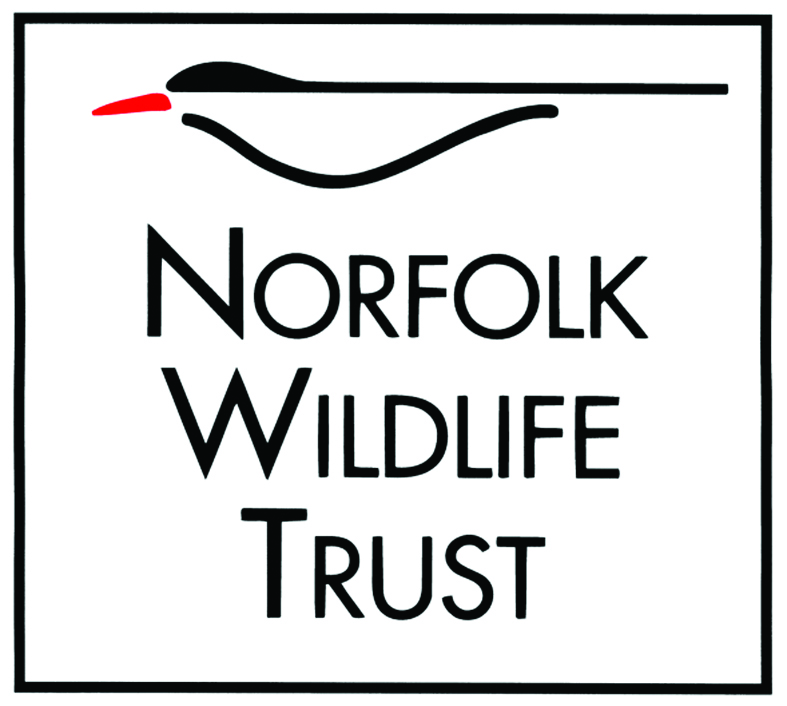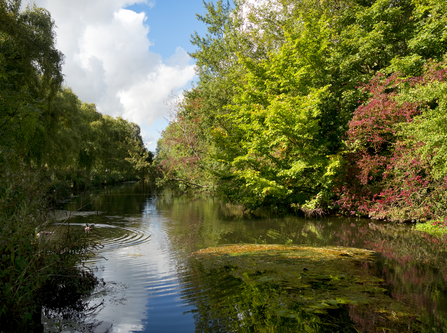We have joined forces with other Wildlife Trusts and 215 local councillors across the UK to send a powerful open letter to Rt Hon Angela Rayner MP and Rt Hon Steve Reed OBE MP, urging the Government to strengthen protections for chalk streams within planning policy.
This united, cross-party call to action comes amid alarming reports that the Government has shelved the promised Chalk Stream Recovery Pack, a key initiative aimed at safeguarding these globally significant habitats.
The councillors’ letter highlights the critical need to designate chalk streams and their catchments with a bespoke protection - within the forthcoming Planning and Infrastructure Bill. Councillors from across Norfolk have asked that the Government support their efforts to protect precious chalk streams, so that more homes can be delivered across the country without sacrificing the health of these fragile waterways.
These measures are crucial to safeguarding some of the world’s rarest ecosystems, many of which are located right here in Norfolk.
Eliot Lyne, our Chief Executive, emphasised: 'We are custodians of a globally rare wildlife habitat. Chalk streams are the UK’s Amazon rainforest - as their glittering paths meander through our landscape they play host to a rich diversity of life and are crucial for the wellbeing of our local communities. It's hard to imagine a world without them, but with so many of our waterways under real threat from pollution, over abstraction and climate change, this is the future we face if our government doesn't give chalk streams the protection they deserve.
'Nature knows no boundaries, and chalk streams form vitally important corridors that help wildlife to move through the county and beyond - we must stand united in their defence at this crucial time. It's really encouraging to be working alongside Wildlife Trusts across the UK, and supported by many of our local councillors, to protect these special places for wildlife and people.'


